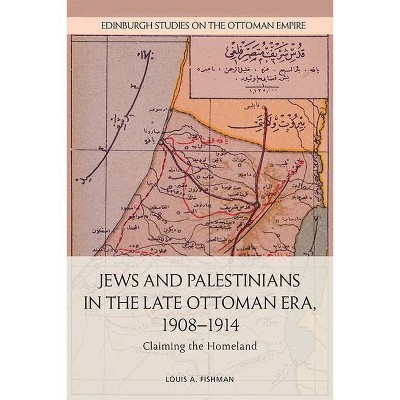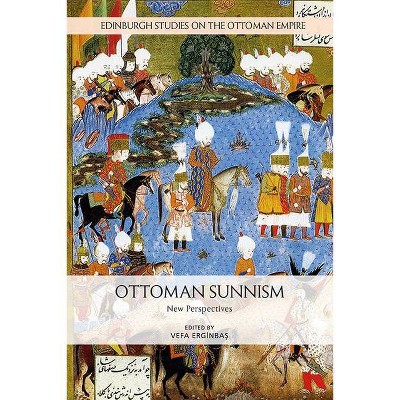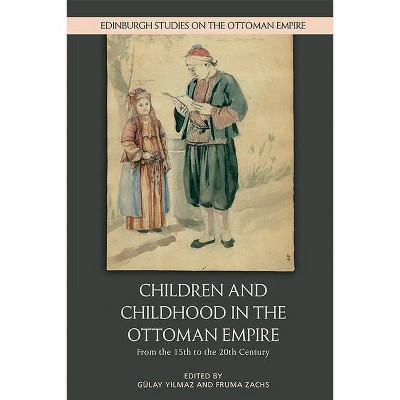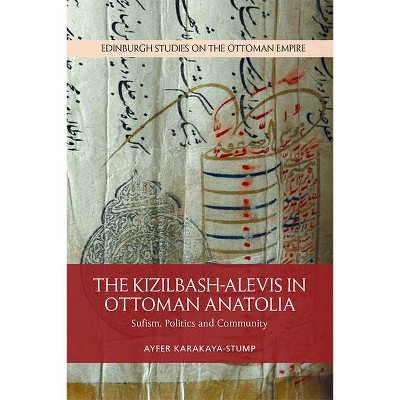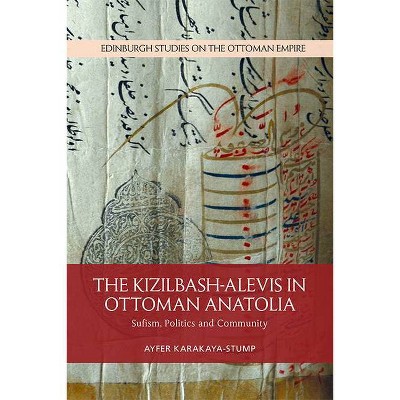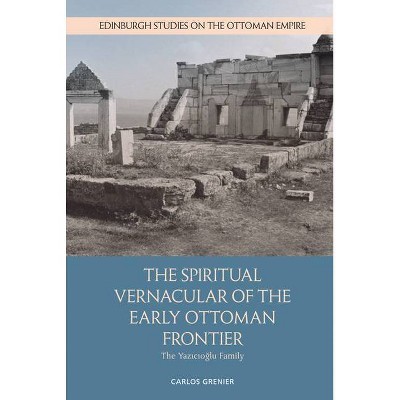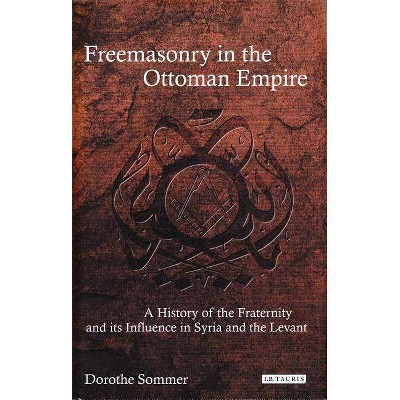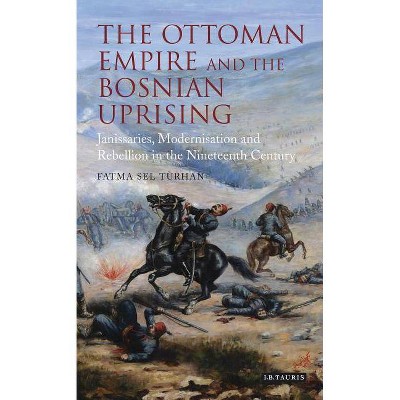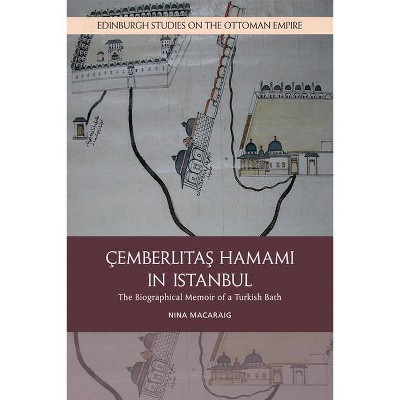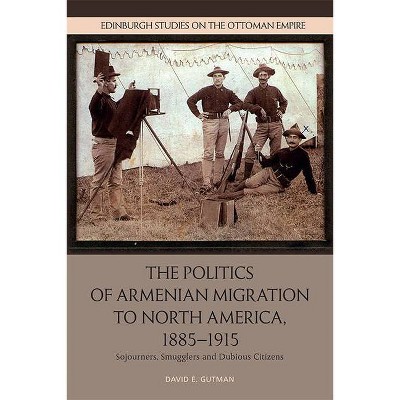Jews and Palestinians in the Late Ottoman Era, 1908-1914 - (Edinburgh Studies on the Ottoman Empire) by Louis A Fishman (Paperback)
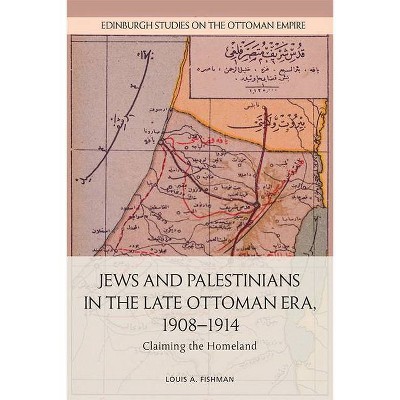
Similar Products
Products of same category from the store
AllProduct info
<p/><br></br><p><b> About the Book </b></p></br></br><p>Uncovering a history buried by different nationalist narratives (Jewish, Israeli, Arab and Palestinian) this book looks at how the late Ottoman era set the stage for the on-going Palestinian-Israeli conflict. </p><p/><br></br><p><b> Book Synopsis </b></p></br></br><p>Uncovering a history buried by different nationalist narratives (Jewish, Israeli, Arab and Palestinian) this book looks at how the late Ottoman era set the stage for the on-going Palestinian-Israeli conflict. It presents an innovative analysis of the struggle in its first years, when Palestine was still an integral part of the Ottoman Empire. And it argues that in the late Ottoman era, Jews and Palestinians were already locked in conflict: the new freedoms introduced by the Young Turk Constitutional Revolution exacerbated divisions (rather than serving as a unifying factor). Offering an integrative approach, it considers both communities, together and separately, in order to provide a more sophisticated narrative of how the conflict unfolded in its first years. </p><p/><br></br><p><b> From the Back Cover </b></p></br></br>Looks at how Jews and Palestinians set out to 'claim the homeland' during the late Ottoman era Uncovering a recent history buried by competing nationalist narratives (Jewish, Arab and Palestinian) this book looks at how the late Ottoman era set the stage for the Palestinian-Israeli conflict that has lasted for over a century. It seeks to change how we understand the conflict by exploring the period before World War One: a time when a unique sense of Palestinian identity emerged, and many Zionists imagined a Jewish national home within an Ottoman framework. Further, it argues that in the late Ottoman era Jews and Palestinians were already locked in conflict. The new freedoms introduced by the post-1908 Young Turk Constitutional Revolution exacerbated divisions, rather than serving as a unifying factor. Offering an integrative approach, it considers both communities, together and separately, in order to provide a sophisticated narrative of how the conflict unfolded in its first years. Key Features - Explores internal Jewish politics in the Yishuv and the greater Ottoman Empire - Places Palestinians within the greater Arab and regional context - Rethinks both Palestinian and Jewish nationalism to transform our understanding of the roots of the Palestinian-Israeli conflict - Based on documents in Ottoman Turkish, Arabic, Hebrew and French Louis A. Fishman is an Assistant Professor at Brooklyn College, City University of New York.<p/><br></br><p><b> About the Author </b></p></br></br><p>Louis A. Fishman is an associate professor at Brooklyn College, City University of New York. He works on Ottoman Palestine and has a special interest in Ottoman politics during the Young Turk period. He also writes on Turkish, Israeli and Palestinian affairs. He divides his time between New York, Istanbul and Tel Aviv.<p>
Price History
Price Archive shows prices from various stores, lets you see history and find the cheapest. There is no actual sale on the website. For all support, inquiry and suggestion messages communication@pricearchive.us
